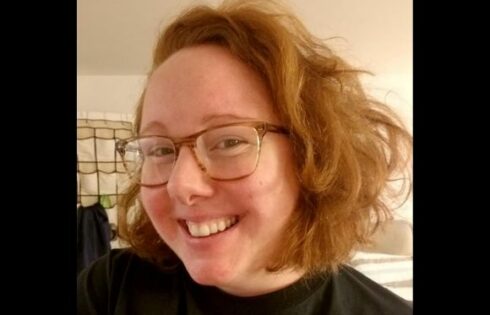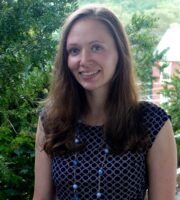
Project will connect students with local entrepreneurs to develop new products, businesses
Two Virginia higher education institutions are working to merge “farm sense” with academics to create new businesses and products in rural America, according to a project leader.
The SEED Innovation Hub is a project of Longwood University and Hampden-Sydney College to foster innovation by bringing together the knowledge and talents of students, academics, and local entrepreneurs, according to a Hampden-Sydney news release.
Chris Kukk, the honors college dean at Longwood and one of the project leaders, told Open Campus that he developed the idea while observing the ingenuity of rural farmers.
“It’s a different type of innovation happening in rural areas, one that hasn’t been fully tapped yet, … a kind of farm sense, like a MacGyverism,” Kukk said.
“In New York, if I needed a part, I could go to a neighborhood store on the corner or, god forbid, walk three blocks. But in most rural areas, there’s no local hardware store within walking distance. Farmers especially have to come up with innovative ways to fix a broken tool right then and there,” he said.
Hub organizers purchased an old bookstore building in Farmville that is being renovated to house the program, according to the report.
There, local residents and students “will be able to network, experiment with business ideas, participate in innovation courses, entrepreneurial boot camps, and pitch competitions,” the news release states.
The hub plans to offer 3-D printers, woodworking tools, sewing and textile machines, jewelry making equipment, a mobile welding station, video and photo equipment, computers with creative software programs, group workspaces, and classrooms, according to its website.
Additionally, organizers plan to offer workshops and professional development, as well as educational camps on science and technology, the news release states.
Open Campus reports more:
Even before the group had a place to meet, the idea took off simply from talking to people — for instance, one computer science major was interested in drones, and so Kukk was able to match him with a drone manufacturer who became a donor.
In another case, a former dropout student wanted to enter the audio business. He found an unlikely client: A local airport pilot who wanted to install an audio system in his plane. The two worked together through the hub, and now the student has started a brand new business that is doing so well he was able to hire his father and his uncle.
The building is projected to open early next year.
Funding for the project comes from a $2 million grant from the U.S. Economic Development Administration through the American Rescue Plan, the economic development initiative GO Virginia, and other sources, according to a Longwood news release.
Meanwhile, Longwood also received a $400,000 grant from the National Science Foundation in partnership with Angelo State University in Texas, Independence Community College in Kansas, and Richard Bland College in Virginia to develop similar innovation hubs in their areas of the country.
The goal of the grant project is to “effectively address socio-economic underdevelopment in rural areas by harnessing local resources and leveraging a multi-state cohort model.”
“This project is important because rural communities in the United States have experienced significantly higher levels of poverty, unemployment, and food insecurity since 2008 compared to other areas in the United States and these communities must find innovative solutions for solving these challenges given the current social and economic climate,” the grant states.
MORE: Clemson construction science program has 100% job placement
IMAGE: Gorgev/Shutterstock
Like The College Fix on Facebook / Follow us on Twitter






Please join the conversation about our stories on Facebook, Twitter, Instagram, Reddit, MeWe, Rumble, Gab, Minds and Gettr.